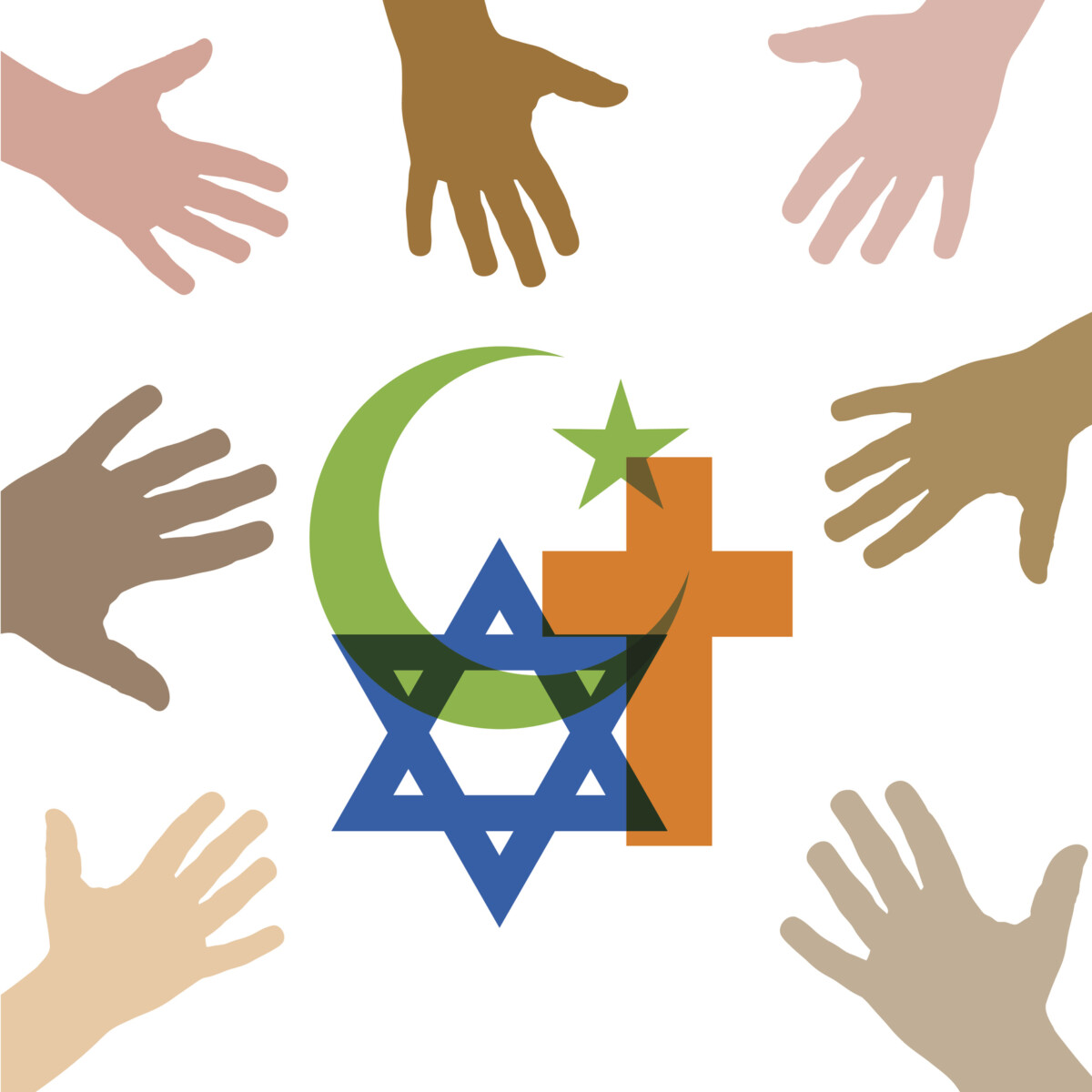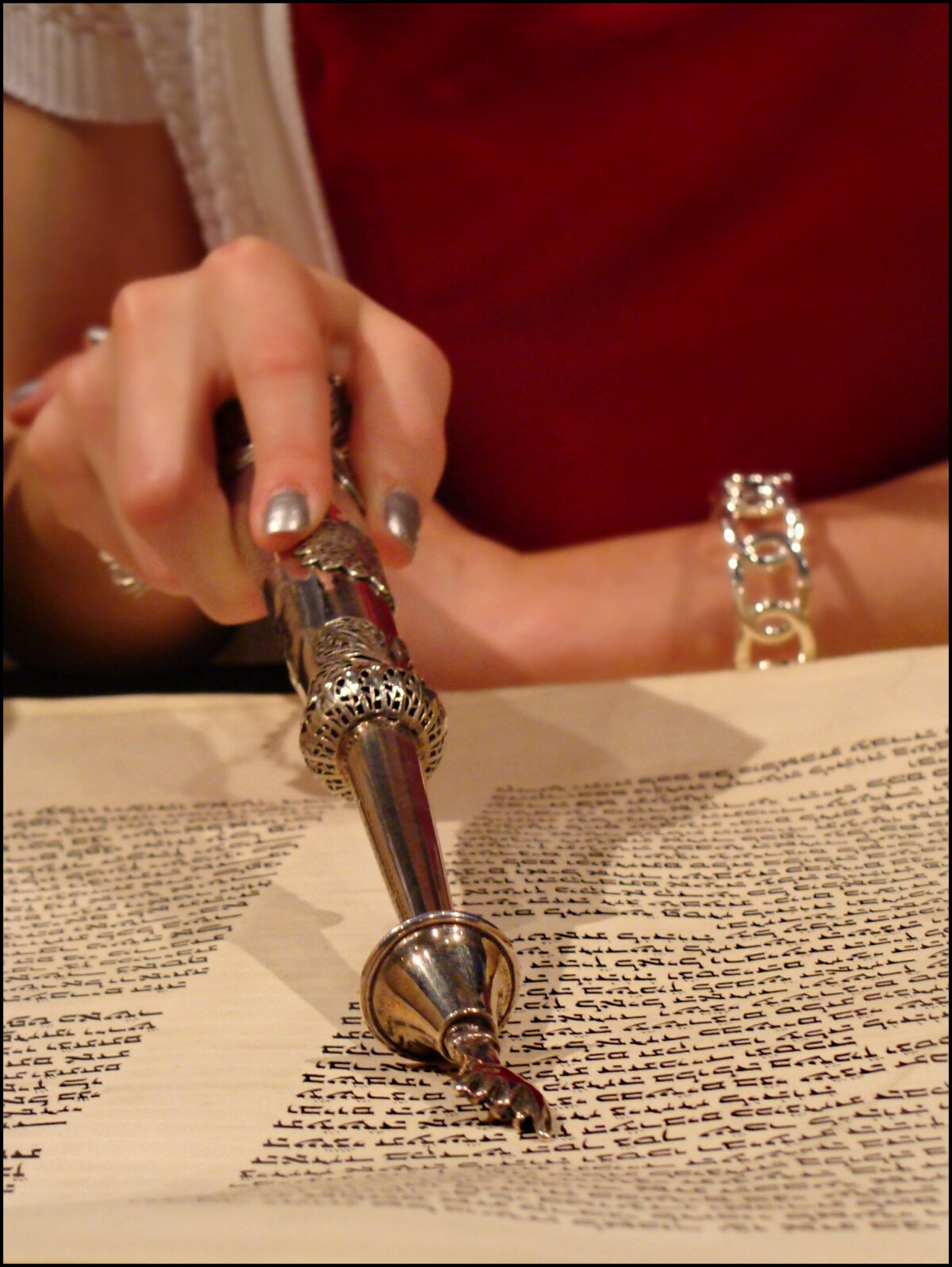
Getty Images
Interfaith B’nei Mitzvah: From Traditional to the Bespoke
By Drew Kramer
Many well-meaning Jewish families raise their children with the guidance to marry a nice Jewish boy or girl. “Marriage is hard,” they caution. “It helps to share cultural and religious values.” “Make Jewish babies,” they urge. “There are so few Jewish people in the world.” No pressure.
But the heart wants what the heart wants. A 2020 survey conducted in the U.S by the Pew Research Center’s Religion & Public Life Project found the intermarriage rate to be 58% among all Jews and 72% among non-Orthodox Jews married in the last decade. Whether a Jewish person finds love within the Jewish population or outside of it, all couples must navigate how religion will live within their union. As interfaith couples commit to each other and begin to raise their families, they often face the even more difficult questions of how to observe multiple faiths and traditions, while managing the extended family’s expectations.
According to Senior Rabbi Jonathan Blake of the Westchester Reform Temple in Scarsdale, NY, “by the time of the child’s B’nei Mitzvah, most interfaith families are aligned in spiritual outlook.” They have already invested significant resources, time, and emotional energy to develop their children’s Jewish identity. Some begin early, with the selection of a Jewish preschool, while others invest later in a Hebrew school education that prepares them for the B’nei Mitzvah milestone.
As Rabbi Blake puts it, “the goal of the B’nei Mitzvah service where one parent is not Jewish is to make sure that non-Jewish family and friends feel at home with the ritual and in the synagogue setting.” To do this, the clergy will spend extra time before and during the service, greeting members of the congregation and explaining elements of the service as it unfolds.
While some interfaith families connect with the traditional synagogue and Hebrew school construct, others seek B’nei Mitzvah celebrations outside of a house of worship. Whether it is an issue of limited time or a family member that doesn’t feel at home in a temple setting, interfaith families that desire a more bespoke approach often reach out to a concierge Rabbi like Rabbi Rebecca Keren Eisenstadt. Rabbi Eisenstadt was ordained at Mestifta Adas Wolkowisk in Queens, NY after more than a decade serving as a Jewish educator, B’nei Mitzvah tutor and synagogue service lay leader. Noticing her clients’ increasing appetite for personalized worship, rather than serve at a synagogue, Eisenstadt started an independent Rabbinical practice to meet the needs of modern families who “want to have religious tradition served their way.”
Dubbed “the hot rabbi” by event planners for her in demand reputation across the United States, Europe and Israel, Eisenstadt’s busy client base is half interfaith. While Eisenstadt believes all couples are interfaith because everyone’s relationship with religion is different, she understands that the experience of a non-Jewish parent is unique. The non-Jewish parent is not born into the cultural norms and must manage his or her family of origin who may have complicated feelings about raising a grandchild Jewish.
For both Rabbi Eisenstadt and Rabbi Blake, the goal is to keep families and their children positive about Judaism. Whether at a synagogue or with a private rabbi, families navigating religious differences should contemplate a few important considerations:
- Find out what is important: What is the goal for your family? In Rabbi Eisenstadt’s experience, people want a life cycle moment that honors tradition and family. Her goal is to “meet the family where they are, breaking down the tradition to bite sizes that can be digestible.”
- Be inclusive: At WRT, Rabbi Blake encourages interfaith families to include non-Jewish family members in the service by offering the opportunity to do readings in English that communicate their blessings to the B’nei Mitzvah. Rabbi Eisenstadt shares this approach, recalling a ceremony that invited non-Jewish family members to read a blessing translated into Spanish to include and honor their Hispanic heritage.
- Explain: In advance of and during the event, engage Jewish and non-Jewish family members on the meaning and purpose for the traditions. Offer opportunities to see the similarities within the religions. Remind all congregants that this is a family event and that we are all learning from each other.
The choice to hold a B’nei Mitzvah at a traditional synagogue or with a private rabbi is deeply personal, but both avenues approach the preparation for the milestone as a celebration of life. Create unity within the family through mutual love for the child and the shared awe that comes from watching a child evolve from infant to teenager. Embrace the universality of the miracle of growth, transcending religion and inspiring faith to all those who bear witness.
Drew Kramer is a writer, performer, and founder of Lady and The Floofs.





